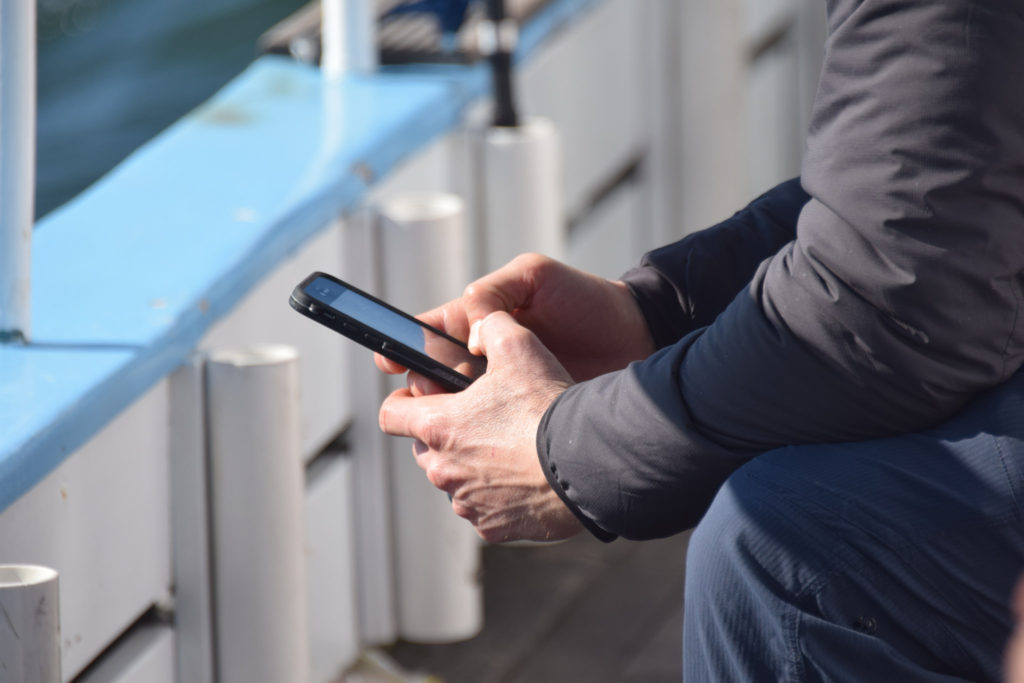There’s a new three-digit lifeline that people in mental health crises can call or text to get immediate help: 988.
Launched nationwide on Saturday, the program was created through bipartisan federal legislation signed in 2020 to address the growing need for suicide prevention. Suicide has been one of the leading causes of death in the U.S. since 2008, the CDC reports. And in 2020, suicide became the second leading cause of death among people ages 10-14 and 25-34.
While every state in the nation was required to launch the new number Saturday, Axios reports that Virginia is better prepared than many others.
“Virginia has been ahead of the curve thanks to state legislation,” Lauren Cunningham, communications director for the state Department of Behavioral Health and Developmental Services
Virginia passed legislation in 2021 creating and funding a 988 call center under the department and is one of 21 states prepared for 988 to go live, according to an analysis by the National Academy for State Health Policy. “Virginia has increased its ability to answer national suicide prevention line calls in state by 33% since January of 2021, in large part due to the enhanced assistance provided to our call centers. During this same time, we saw an increase in calls by 23%,” Cunningham said.
Today, the National Suicide Prevention Lifeline launched across the country. 988 is more than just an easy-to-remember number—it’s a direct connection to compassionate, accessible care and support for anyone experiencing mental health-related distress. #988Lifeline
— Governor Glenn Youngkin (@GovernorVA) July 16, 2022
While the implementation in Virginia has begun, it has not been a completely smooth process. As reported by Virginia Mercury, unlike 911, which routes callers to their nearest dispatch center through geolocation, the national 988 hotline routes are based on area code, warned Laura Clark, the senior director for PRS’ CrisisLink service. That means Virginians with out-of-state phone numbers likely won’t be connected to either call center — a problem federal officials are still working to address, she said.
But for in-state callers with Virginia area codes, the goal is to answer close to 100 percent of service calls within 20 seconds (PRS can also respond to texts and offers an online chat feature). Frontline agents typically aren’t licensed clinicians, but Clark said they’re trained to conduct preliminary assessments and offer emotional support to callers.
“There are just not enough clinicians in the world to man that front line,” she said. “But if a caller does require a more intensive response, PRS has mental health professionals on staff to guide agents through the call and make sure they’re following protocols.”
“Our first concern is a caller’s immediate safety — making sure they’re able to work through the call process because they’re not at imminent risk,” Clark continued. “We’re able to provide emotional support, help them create a plan for themselves, and then connect them to the behavioral health resource that helps match where their need is.”
Eventually, state officials are hoping to transition to a model similar to Tucson’s, frequently touted as a gold standard for the rest of the country. Under the system’s continuum of care, call centers are considered “traffic control” for a network of services, from its mobile crisis teams who can respond to patients 24 hours a day to stabilization centers where they can safely begin treatment.

